Dogs have been humanity’s loyal companions for centuries, forming deep emotional connections with their owners. Some breeds, in particular, display unparalleled devotion, always staying by their human’s side through thick and thin. These dogs are not only affectionate but also protective and eager to please. In this article, we explore the most loyal dog breeds that are deeply devoted to their owners.
Labrador Retriever
The Labrador Retriever is one of the most affectionate and dedicated dog breeds. Bred for retrieving game and assisting fishermen, their strong bond with humans makes them excellent family pets. Labradors are highly social and thrive when they are around their loved ones.
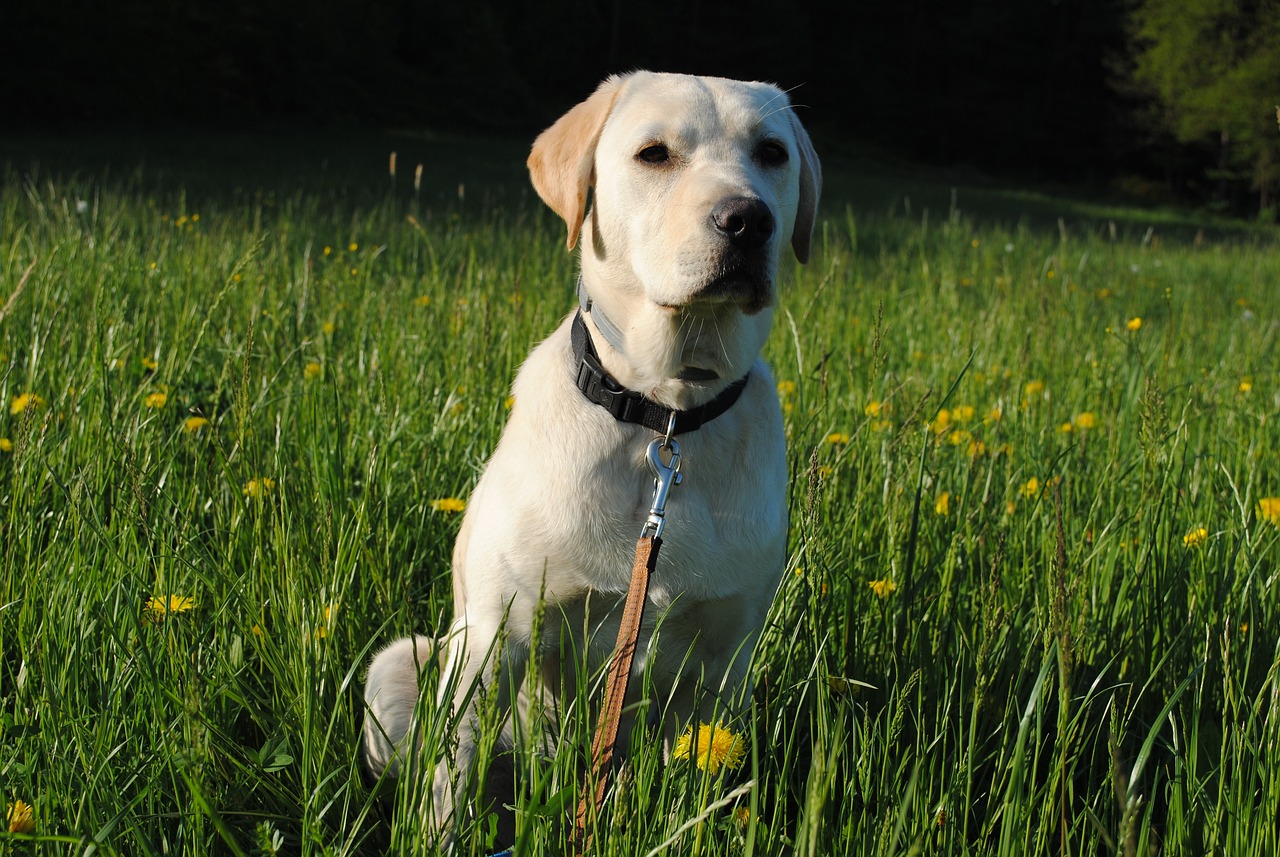
German Shepherd
The German Shepherd is known for its unwavering loyalty. Originally bred as a herding dog, they quickly became favorites in military and police work due to their intelligence and protective nature. German Shepherds form strong bonds with their owners, always standing guard to ensure their safety.
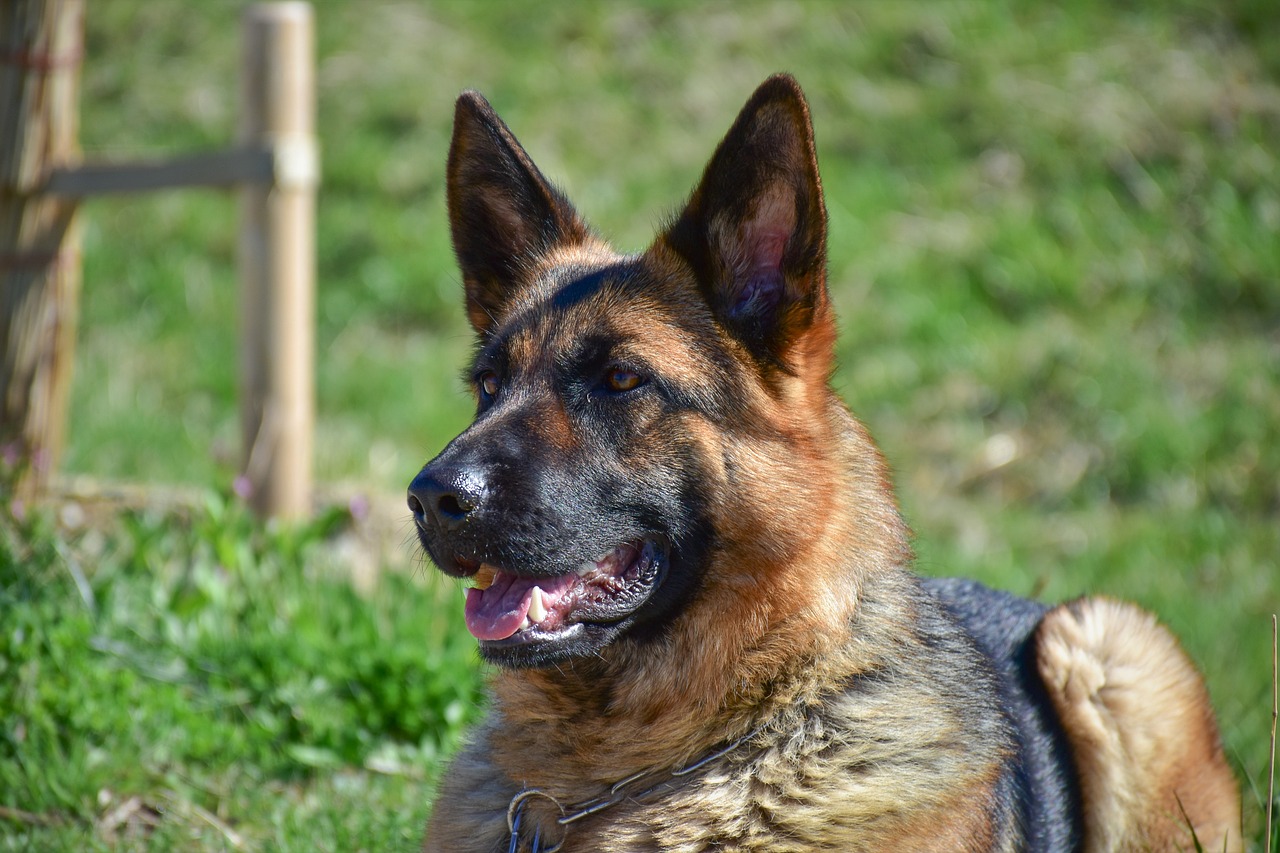
Golden Retriever
The Golden Retriever is not only friendly but also one of the most devoted breeds. Originally bred for retrieving waterfowl, they now serve as therapy and service dogs because of their intuitive and caring nature. Goldens build strong relationships with their owners and love spending time participating in family activities.

Boxer
Despite their strong and muscular build, Boxers are incredibly affectionate and devoted to their family. These dogs were originally bred for working and guarding duties, and they remain fiercely protective. They form loving attachments to their owners and are especially good with children.
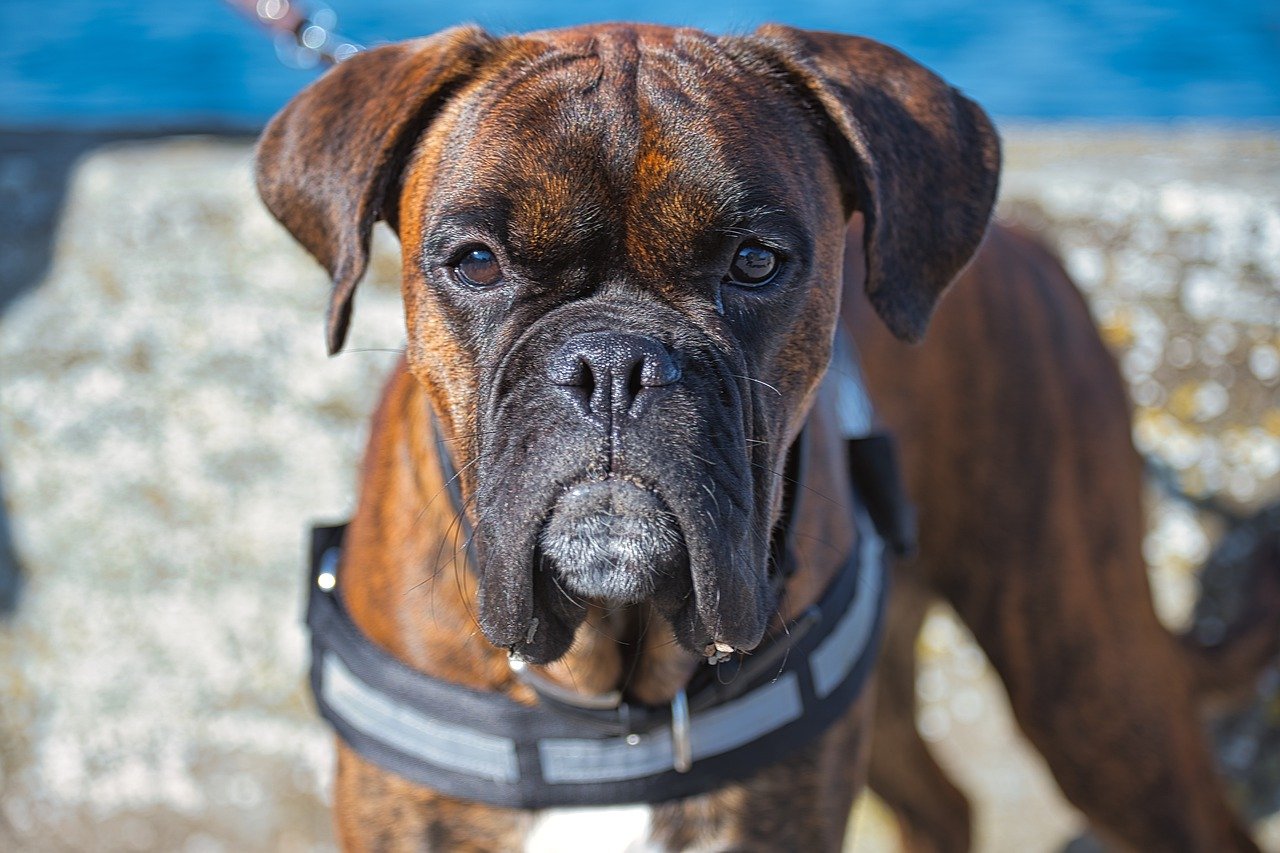
Border Collie
The Border Collie is not only one of the most intelligent breeds but also among the most dedicated. Originating as a herding dog, Border Collies have an incredible work ethic and need mental stimulation. They develop a deep connection with their owners and are happiest when they have a task to complete.
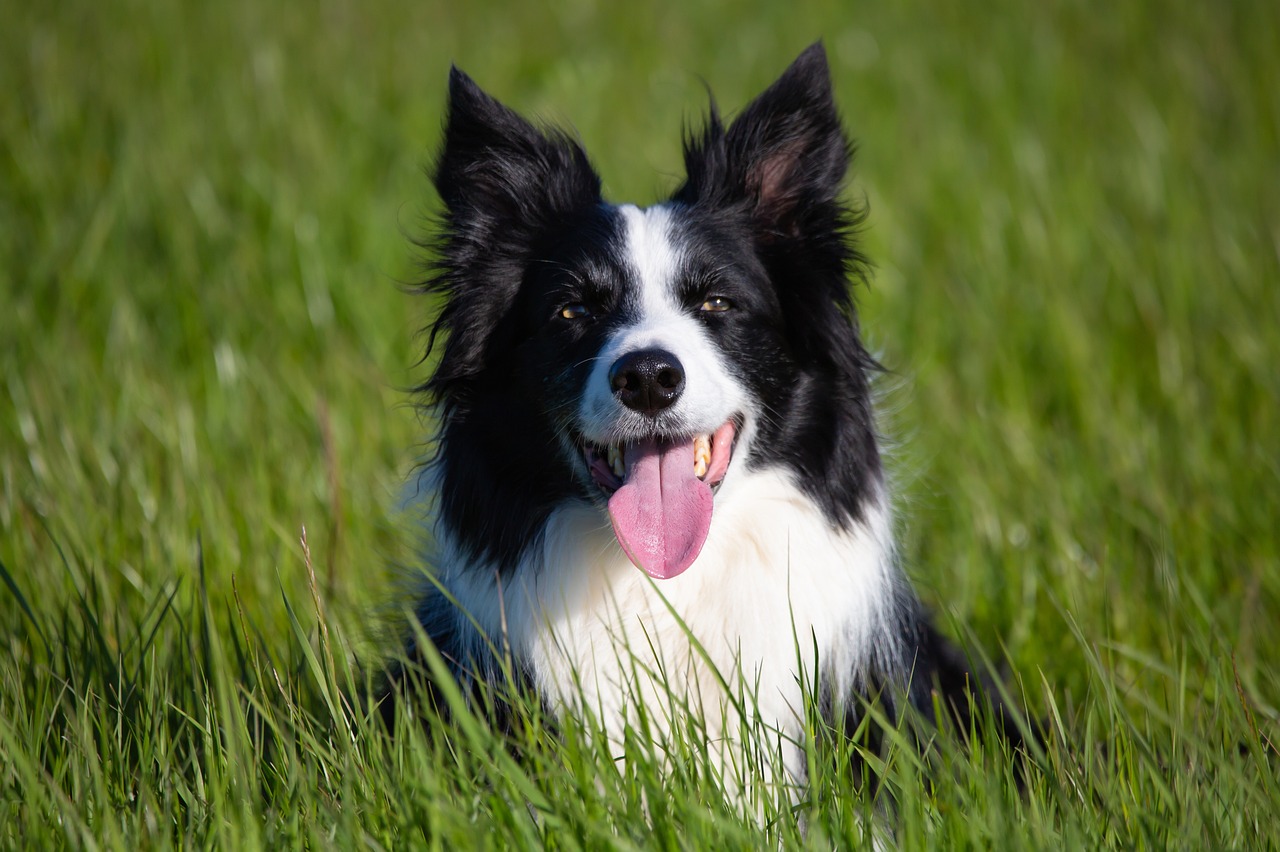
Cavalier King Charles Spaniel
The Cavalier King Charles Spaniel was bred as a lap dog for European aristocracy, making them affectionate and extremely loyal. These dogs love staying close to their humans, always seeking their attention and affection. Their devotion makes them excellent companions.

Doberman Pinscher
The Doberman Pinscher combines intelligence, strength, and loyalty. Originally bred for protection and security, Dobermans are fearless and always alert. They form an incredibly close bond with their family, ensuring they are always protected.

Shetland Sheepdog
The Shetland Sheepdog, or Sheltie, has an affectionate and devoted personality. This breed thrives in a family environment and enjoys being part of daily activities. Shelties are eager to please, forming strong attachments with their human families.
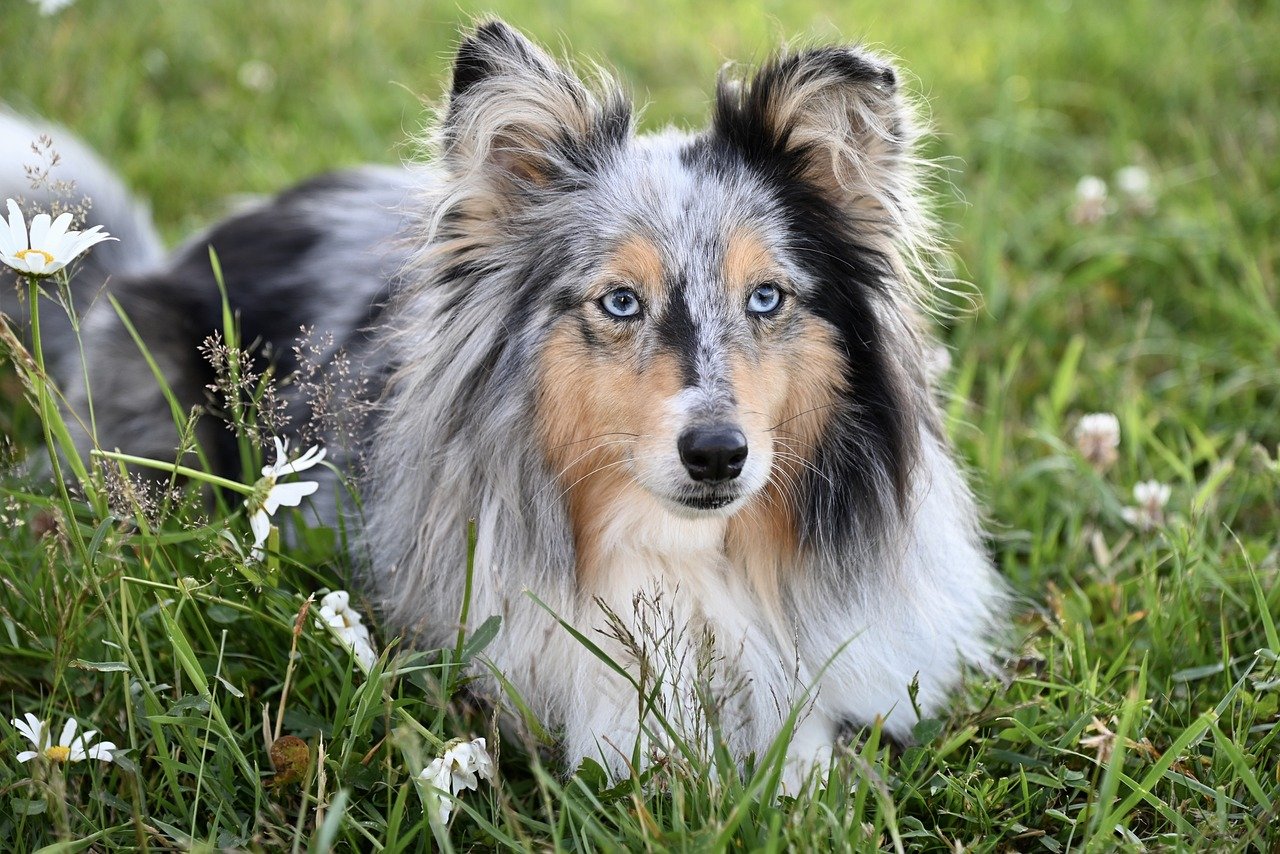
Rottweiler
A well-trained and socialized Rottweiler is an incredibly loyal and protective companion. Originally bred as working and guard dogs, they develop a deep sense of attachment to their owners. Their loyalty extends to their family, making them excellent protectors.
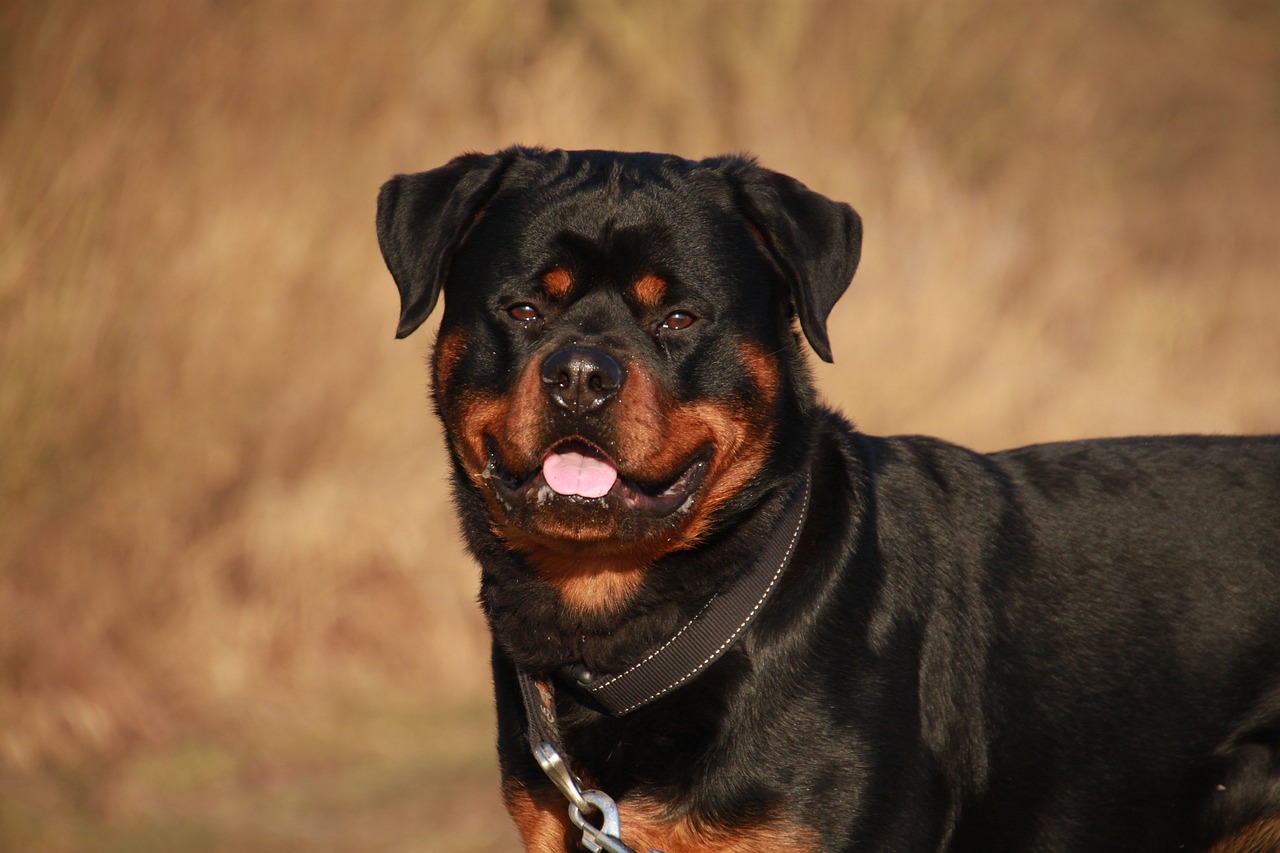
Australian Shepherd
The Australian Shepherd is a highly intelligent and energetic herding breed. They thrive in active households and form deep connections with their owners. Their instinct to work alongside humans makes them naturally loyal and dependable companions.
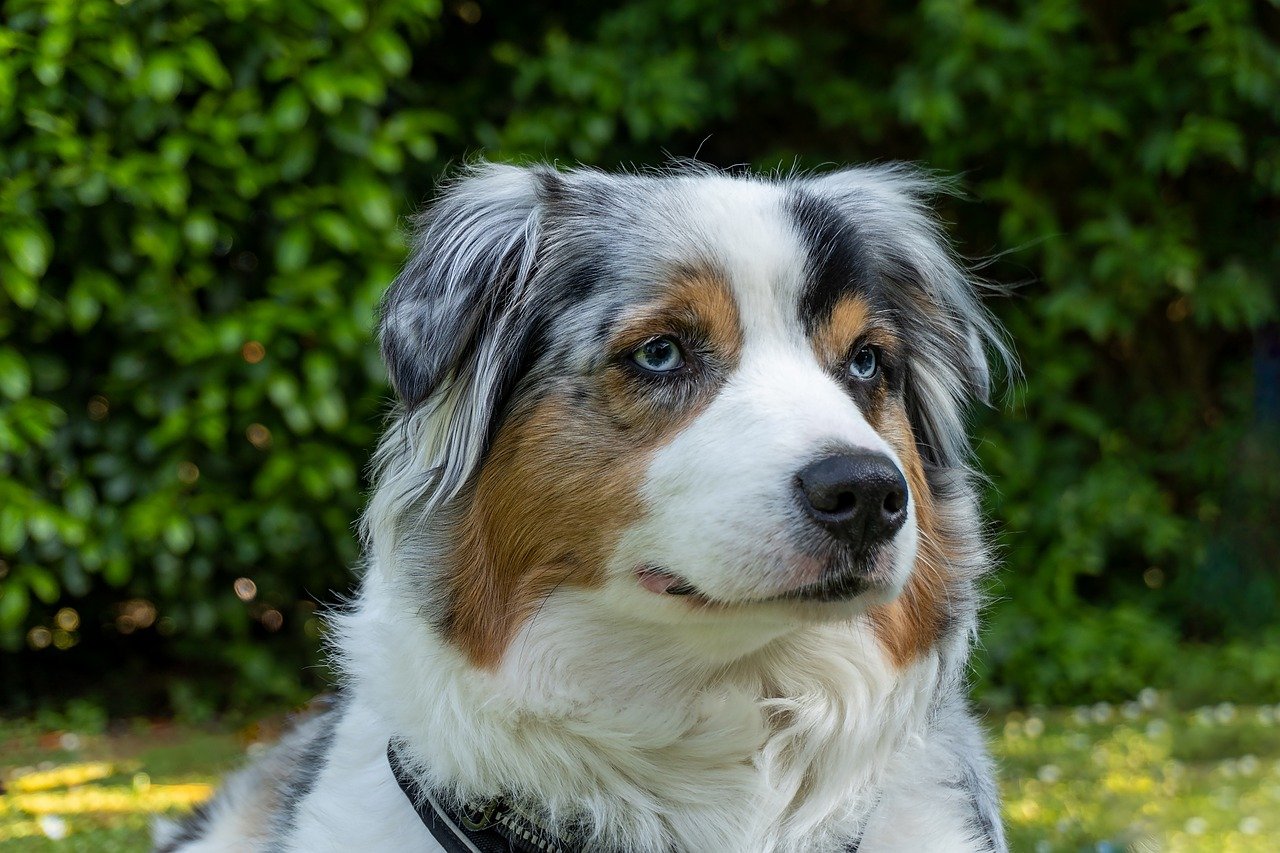
Yorkshire Terrier
Yorkshire Terriers, or Yorkies, may be small in size, but their loyalty is massive. These dogs love following their owners around, always wanting to be near them. Their bold nature and devotion make them wonderful companions.
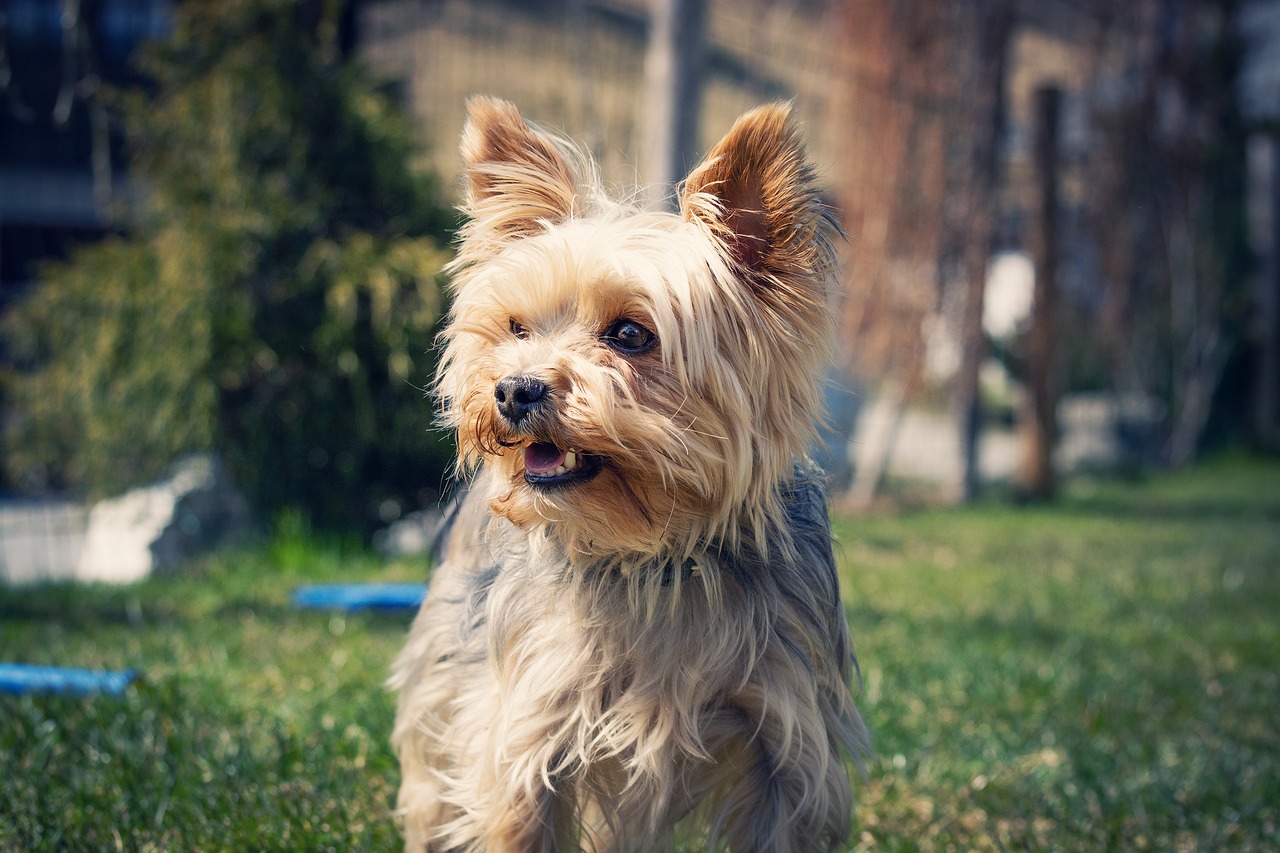
Akita
The Akita is a symbol of loyalty, known for their unwavering devotion to their owners. Their protective nature makes them excellent guard dogs. An Akita’s love and attachment to their human family are unrivaled, making them one of the most loyal breeds.
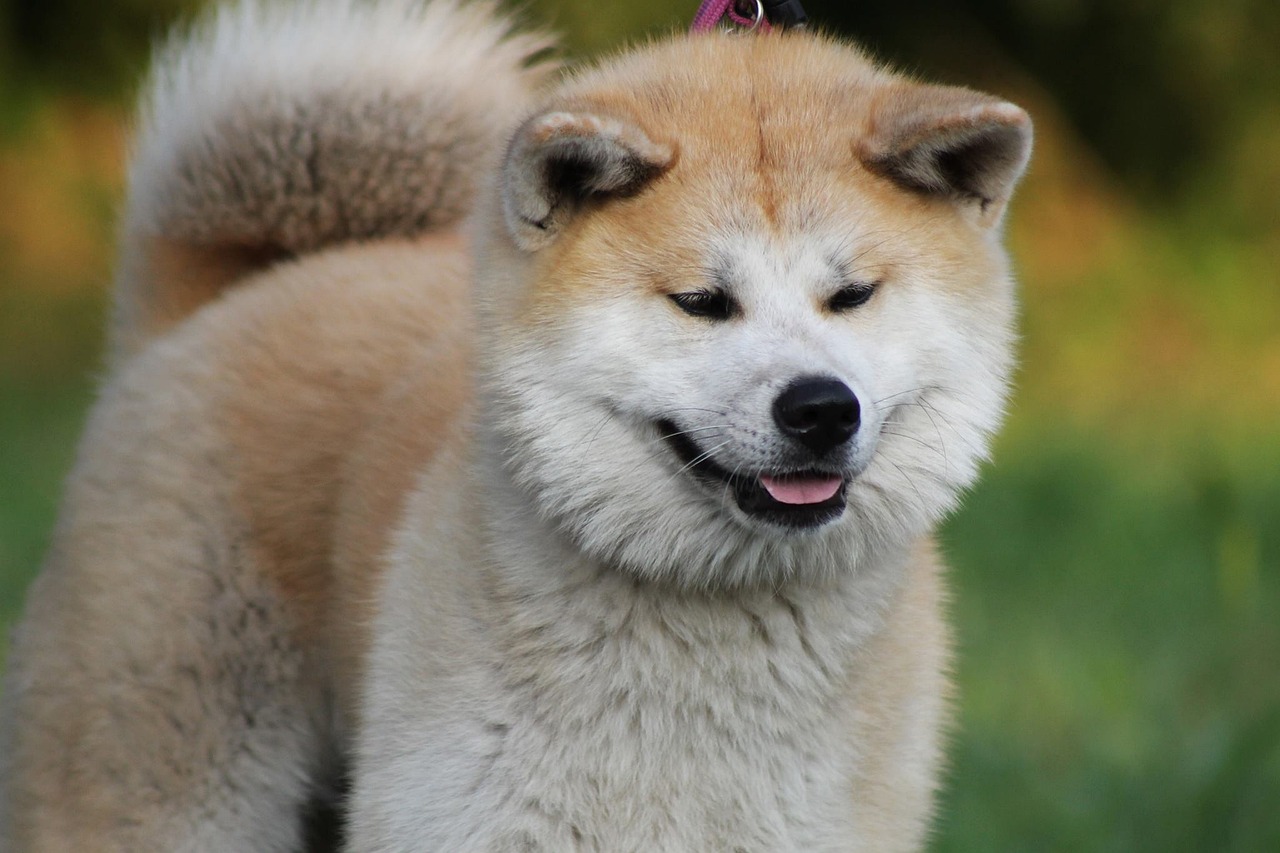
Each of these breeds possesses an unshakeable loyalty that makes them extraordinary companions. Whether you’re looking for a protective guardian, an affectionate cuddle buddy, or an active partner, these devoted dogs will always be by your side.





Facebook Comments